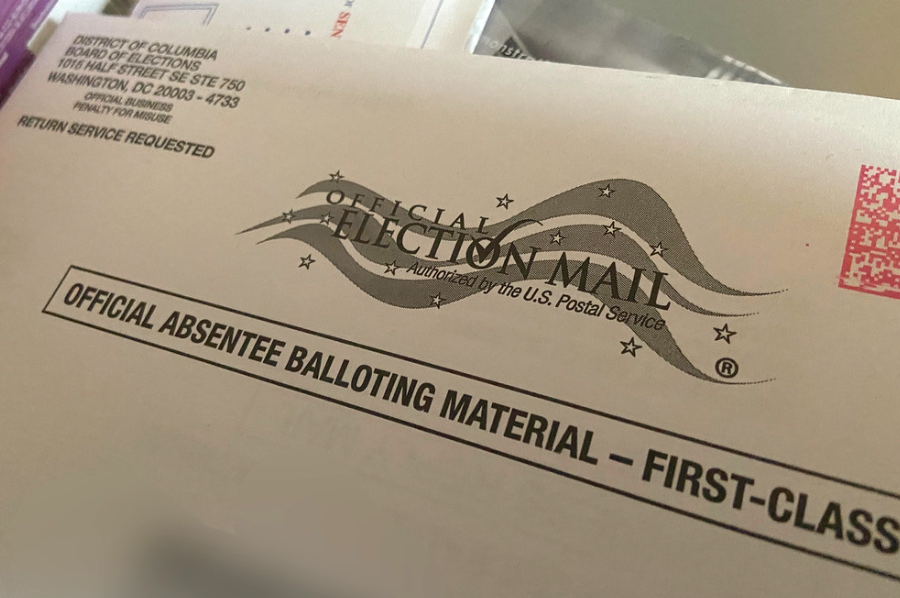Supreme Court Permits Virginia to Continue Removing Non-Citizens from Voter Rolls

The U.S. Supreme Court issued an emergency ruling on Wednesday that allows Virginia to continue its process of removing non-citizens from the state's voter rolls.
In a 6-3 decision, the Court reversed a lower federal court's order that had instructed state officials not only to halt these removals but also to reinstate names already removed, despite their designation as non-citizens.
Federal law prohibits non-citizens from voting in federal elections.
This ruling marks a victory for Governor Glenn Youngkin, following Virginia’s emergency appeal to the Supreme Court to halt a lower court's directive to restore approximately 1,600 names to the voter rolls, as reported by Fox News.
At the heart of the case is whether Virginia’s process for removing voters violates a “quiet period” provision in the National Voter Registration Act (NVRA), which requires states to suspend “systematic” voter roll maintenance for 90 days before a federal election.
This argument led to a conflict between the Department of Justice—which recently sued Virginia over its removal program—and Youngkin, who argued that Virginia’s process is “individualized” and aligns with both state and federal laws.
The Justice Department raised concerns in its lawsuit that eligible voters might have been removed from the rolls without adequate notice or enough time to address potential errors.
In Virginia's petition to the Supreme Court, Attorney General Jason S. Miyares challenged the lawsuit and court ruling on multiple fronts. He asserted that the NVRA does not apply to “self-identified noncitizens” in the state, interpreting the law more narrowly than the Justice Department and contending that the broader interpretation could weaken the foundation of the lawsuit.
Further, Miyares argued that even if the NVRA does apply, Virginia has an “individualized process” for voter removal, managed by the Department of Motor Vehicles and local registration offices.
On Monday evening, attorneys general from 26 Republican-led states filed an amicus brief supporting Virginia’s claim, stating that the removal program followed an “individualized” approach. They argued that the Justice Department’s interpretation of the NVRA protections is overly expansive and does not cover noncitizens.
These attorneys urged the Court to accept Virginia’s emergency request and “restore the status quo,” asserting that doing so would “comply with the law and enable Virginia to ensure that noncitizens do not vote in the upcoming election.”
The brief urged, “This Court should reject Respondents’ effort to change the rules in the middle of the game and restore the status quo ante. The Constitution leaves decisions about voter qualifications to the people of Virginia. And the people of Virginia have decided that noncitizens are not permitted to vote.”
On Friday, U.S. District Judge Patricia Tolliver Giles, appointed by President Biden, ordered the state to re-register more than 1,600 individuals who had been removed from the rolls, according to SCOTUS Blog.
The blog elaborated further:
Giles barred the state from “continuing any systematic program intended to remove the names of ineligible voters from registration lists less than 90 days before the November 5, 2024, federal General Election,” although she left open the possibility that the state could still remove some voters on a case-by-case basis – for example, those with criminal convictions and those who have died. She also ordered the state to restore the registration of voters whom it had removed from the rolls as part of the program.
The state went to the 4th Circuit, asking it to put Giles’ order on hold. But a three-judge panel made up of two Obama appointees and one Biden appointee denied (as relevant here) that request on Sunday, writing that it was “unpersuaded” that Virginia’s program complied with the NVRA.